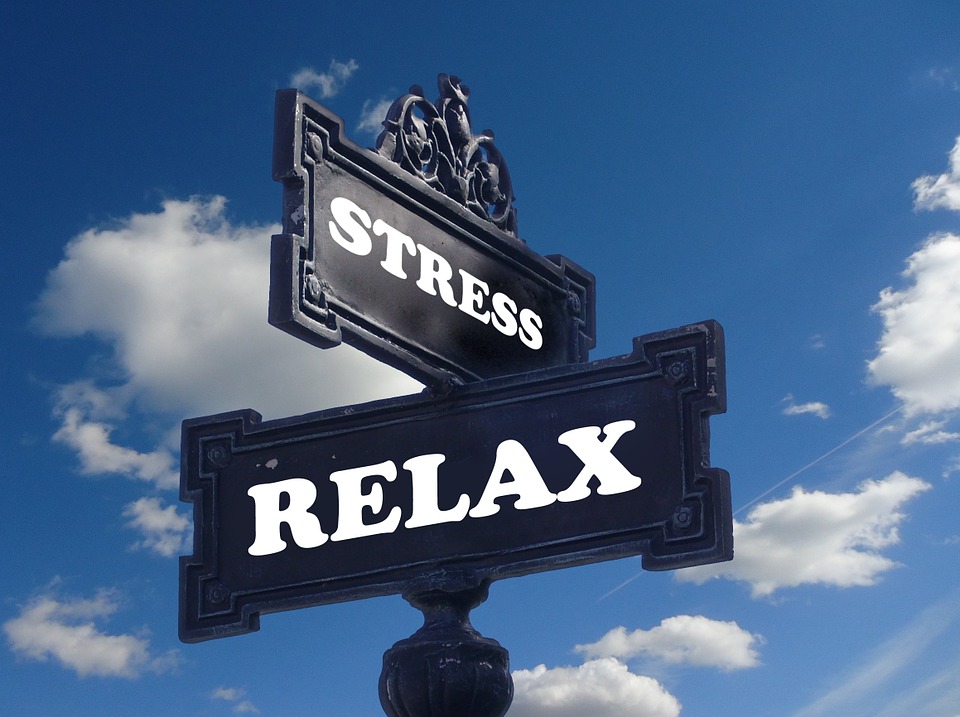You live a busy life. You work long hours, have many hobbies, and it never seems like there are enough hours in your day to get everything done. While it’s great to be motivated and productive, too much stress can have a negative impact on your body and overall health, which, in turn, affects the amount of money you have to put towards your health care. A recent study done by the Harvard Business School suggests that 8% of our national healthcare spending is a result of workplace stress. Pair this with a statement from Health Magazine that “about 70% of doctor visits and 80% of serious illnesses may be exacerbated or linked to stress,” and it becomes abundantly clear that stress is a real problem for the average American.
More specifically, stress is linked to serious health issues like heart disease, asthma, headaches, depression, anxiety, and even obesity. Besides the obvious problems, increased stress means more money spent on healthcare and insurance. You’ve made a lot of resolutions for the New Year, but stress relief should be at the top of the list for 2016. Here’s 9 of the best ways to get rid of stress now so you can stay healthy, and out of the doctor’s office:
- Eat well – The best way to cut stress and improve your health is to make sure your body is getting what it needs. When you’re stressed, your body produces a hormone called cortisol, which can cause cravings. To avoid these cravings, make sure you’re well stocked with healthy snacks, and choose foods like whole grain carbs and dark chocolate over pizza and a box of M&Ms. If you fuel your body properly, you’ll relieve stress, and you will be better prepared for any stressors you do encounter.
- Exercise – Another top method of stress relief is exercise. Whether it’s just a stroll through the park on your lunch break, or hitting the gym before work, it’s a good idea to get some sort of physical exercise into your routine. Exercise produces endorphins, which can raise your energy level and improve your mood, naturally combating stress. Don’t have time to get to the gym? Here’s a few great, short workouts you can try right at home.
- Have a cup of tea – Especially good for those who have trouble falling asleep, a hot cup of tea is an immediate relaxant. The warmth, combined with the natural relaxing qualities of many herbs, can bring your stress levels down by about 54%. Not sure which tea is best for you? Dr. Oz put together an article on the best teas to reduce stress and anxiety.
- Get a good night’s sleep – It might seem like a good idea to stay up later to accomplish all that work that’s been weighing on your mind, but that’s a practice that is counterproductive to stress relief, and can also negatively impact your work. You need sleep to function properly, and a well-rested body and mind are the best tools against stress. Do what you can to get at least 7 hours of sleep a night.
- Read a book – Believe it or not, one of the best ways to relax your mind is to read a book. Reading separates your mind from the real world, but unlike vegging out in front of a TV, it still engages your imagination. It does matter what you read – things like the news or politics, which might upset or anger you, aren’t good choices, but a novel forces your brain to engage while still taking you away from all of the stressors of your daily life.
- Meditate – Plenty of studies have proven that meditating just a few minutes a day can relieve all kinds of stress. Not sure how to do it? Well, here’s a simple How to Meditate guide. You can start by just sitting down, concentrating on your breathing, and pushing pesky thoughts out of your mind for a few minutes.
- Listen to Music – Music has wonderful stress relieving components, and is pretty successful at getting us out of our own heads. Consider ditching the talk radio for some relaxing jams on the way to work to start your day off at the lowest stress level possible.
- Prioritize – Sometimes you can get overwhelmed by putting too much on your plate at once. Try instead to focus on one project at a time. Accomplishing things and checking them off your list is more rewarding than only halfway completing a bunch of projects.
- Take your time – Even though you might feel you need all of these strategies to reduce your stress, make sure you take your time in implementing them. Try one at a time, and add more slowly so you don’t overwhelm yourself. The worst thing you can do for stress is to put more on yourself than you can handle.
The most important thing to remember in reducing stress is yourself. You’re doing this for you, so make sure you pay attention to your body and what is right for it. By reducing your stress levels, you’ll be doing your mind and body a big favor. Less stress means less time at the doctor’s, better health, and lower medical costs.

